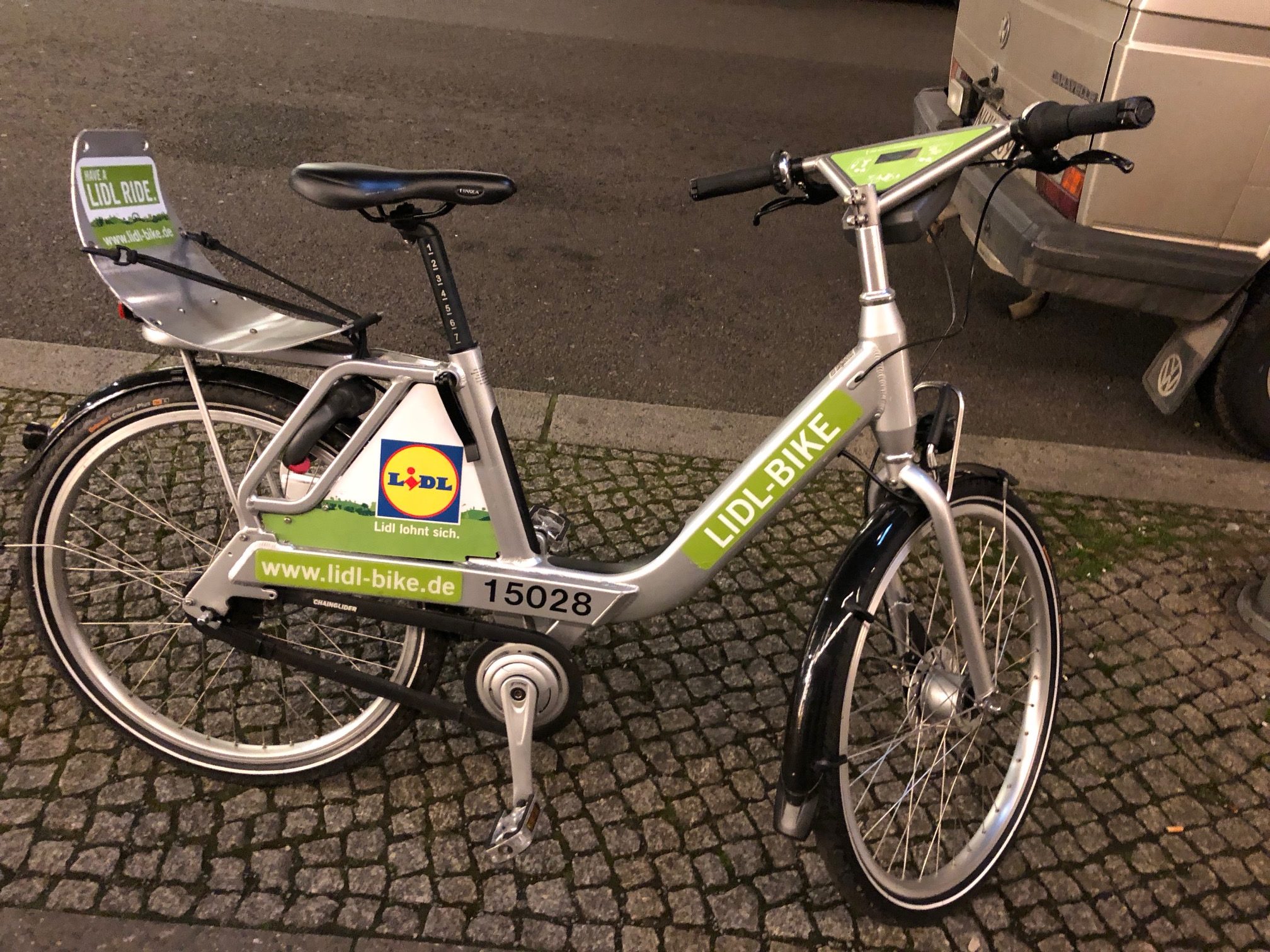By Charles Pekow

New as it is, docked bikesharing may be obsolete. Replacement with dockless systems means less involvement from local governments, who traditionally have either sponsored, licensed or subsidized docked bikeshare and required private operators to get permits to set up stations on public land. And dockless systems mean a loss of rental or lease revenue for these governments.
Still, municipalities need to regulate these dockless systems, argues the International Transport Forum in a paper released after it studied the systems worldwide — especially in China, where their popularity dwarfs what you’ll find in the United States. Cities need to address problems such as bikes getting dumped all over the place — not just blocking sidewalks but being left on train tracks, dumped in rivers and even heaved up trees by vandals, says the paper, “The Economics of Regulating Ride-Hailing and Dockless Bike Share” (https://bit.ly/2REwC16). The problem isn’t as great when bikes are docked, which prevents anyone from grabbing them to make mischief.
When left around anywhere, the bikes are harder to get to for maintenance and are left out in all kinds of weather, meaning they may not be in the greatest condition when people check them out, which theoretically could cause safety concerns, though so far no evidence shows the condition of dockless bikes has led to more accidents.
Governments may also need to regulate fee structures. People have paid for memberships only to find the system discontinued and they didn’t get their money back. oBike, for instance, pulled out of Melbourne, Australia and didn’t refund deposits. Tianjin, China, requires deposits to be kept in a municipal trust so that doesn’t happen.
Reference: Deighton-Smith, Rex. “The Economics of Regulating Ride-Hailing and Dockless Bike Share.” (2018).






